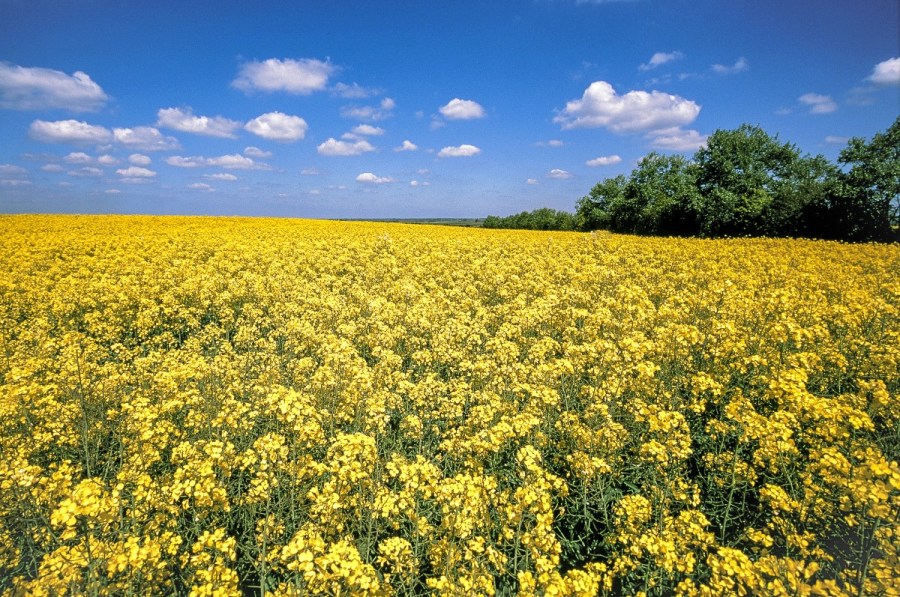Since Rlm7 came onto the scene, oilseed rape has enjoyed the protection the gene has brought against phoma – which has the potential to be the most yield-robbing disease in OSR.
But much like over-reliance on chemistry often leads to a reduction in performance, such is starting to be the case for Rlm7 – with a widespread breakdown of the gene reported in France.
A 2020 study carried out in the country highlighted the severity of this, with only 20-30% non-virulent races identified from 240 races, analysed across eight trial sites.
While this is not the outlook for the UK at present there are some early indications and therefore action ought to be taken now to protect its longevity, reckons Chris Guest, managing director at LSPB. “The best strategy for disease protection across the board is to have several resistances in the mix. This is where RlmS comes in – we see it as an alternative to Rlm7, not a replacement.”
The gene itself is the product of 20 years of work carried out by NPZ – LSPB’s parent company – and is derived from resistance in turnip rape, which was bred into spring OSR, before putting it into material for winter OSR.
It was a lengthy procedure, adds Chris, but now the team at LSPB has been able to incorporate what they believe could be a ‘game-changing’ trait into four commercial varieties.
First up are Respect and Flemming, which feature on the 2022/23 AHDB Recommended List. “Along with its resistance to phoma, Respect has a high, consistent yield performance and vigorous growth habit in the autumn and spring regrowth. It can be drilled from early August right through to early September.”
Flemming is another recommended ‘next generation’ hybrid with stacked traits and adds turnip yellows virus resistance (TuYV) to the RlmS resistance, he explains.
The LSPB portfolio also features two promising candidate varieties. “Murray and Vegas are both on the AHDB candidates list for recommendation this autumn, with private and official trials results highlighting their great promise,” notes Chris.
“They are very high yielding with exceptional RlmS phoma resistance, good light leaf spot scores, mid-maturity and are very vigorous – particularly in the spring.”
It’s important to note that the RlmS gene is distinct from those widely found in current OSR varieties, he adds. “By developing our hybrids with different genetics, we give extended and resilient phoma resistance in the field.
“The unique phoma resistance is also associated with strong overall plant health, and the gene has especially good stem resistance which we believe also brings better protection against the increasingly important pathogens of verticillium and sclerotinia.”
For those wanting to know more, LSPB will be showcasing this new resistance for the first time at this year’s Cereals Event. Find them on stand 301.




